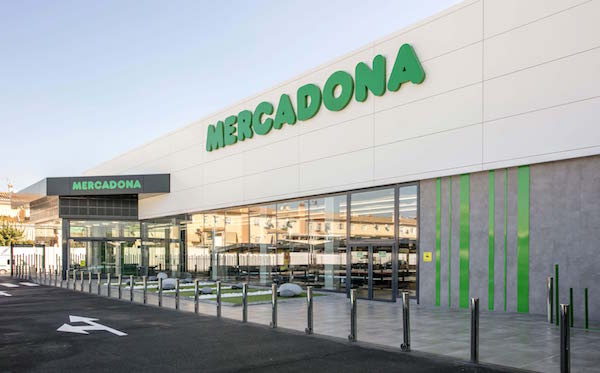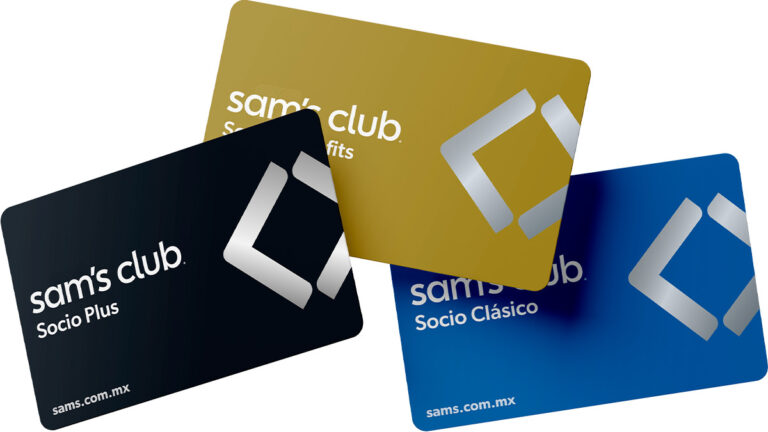At the heart of the Spanish economy beats a giant that has redefined the concept of supermarkets: Mercadona. But what does Mercadona mean in English, and what lies behind the success of this supermarket chain? From the origin of its name to its unbeatable strategy, we explore why Mercadona is much more than just a retailer.
What Does “Mercadona” Mean in English?
From Mercadonna to Mercadona
The story begins in 1981, when the family business Cárnicas Roig (founded in 1960 as a butcher shop in Valencia) sought a name for its expansion into supermarkets. During a trip to Italy, Francisco Roig, brother of current president Juan Roig, discovered the pasta brand “Mercadonna“. The sound of the word, reminiscent of mercato (market in Italian), aligned with their vision: to create an accessible and diverse space.
The adaptation was simple yet brilliant: they removed one “n” to create Mercadona, a name easy to pronounce and remember. For years, a myth circulated that it combined mercat (market in Valencian) and dona (woman), but the company debunked this theory in 2017.
“It has no relation to Valencian. It’s pure coincidence,” clarified Juan Roig at a business conference.
Though the name has no literal meaning, it encapsulates the brand’s essence:
– Market: Variety and freshness, like a traditional market.
– Proximity: The ending “-dona” adds a friendly, almost familial touch.
This name not only marked the start of a new era but also symbolized the transition from a local business to a retail empire.
Mercadona: Keys to Unprecedented Success
Record Revenue and Sustained Growth
In 2023, Mercadona recorded €35.527 billion in revenue, a 15% increase from 2022. Of this figure:
– €34.124 billion came from Spain.
– €1.403 billion from Portugal, where it operates 49 stores.
The company has invested €10 billion over seven years and plans to allocate €8 billion more by 2027 to modernize stores, improve logistics, and expand.
Market Share: Overwhelming Dominance
Mercadona doesn’t compete—it dominates. According to Kantar Worldpanel (2024), it controls 26.6% of the Spanish food market, surpassing:
– Carrefour (9.8%).
– Lidl (6.5%).
– Eroski (4.3%).
Per NIQ, its share reaches 29.5%, despite closing 18 stores in 2024. Since 2020, its growth has been unstoppable:
– 2020: 23.1%.
– 2021: 24.6%.
– 2022: 25.4%.
– 2023: 25.9%.
– 2024: 26.6%.
Mercadona’s Secret Formula: Efficiency and “Always Low Prices”
Mercadona has revolutionized retail with a model based on:
– Private-label products (Hacendado, Bosque Verde, Deliplus): Representing 60% of its inventory, with controlled margins.
– No promotions: Stable prices avoid discount wars.
– Flawless logistics: 10 automated distribution centers (CEDIs) that restock stores within 24 hours.
As a result, 93.1% of Spaniards shop at Mercadona at least once a month.
Challenges: Competition, Sustainability, and Social Pressure
The Threat of Lidl and Aldi
Though Mercadona leads, Lidl and Aldi are gaining ground:
– Lidl already holds 6.5% market share and plans to open 20 stores annually in Spain.
– Aldi focuses on aggressive pricing and eco-friendly assortments.
In 2024, 72% of Spanish consumers demanded more promotions due to inflation. Mercadona remains firm in its no-discount policy, but this could hinder growth in 2025.
Mercadona vs. The World
Limited Global Presence, Maximum Local Impact
Unlike Carrefour or Walmart, Mercadona focuses on Spain and Portugal. However:
– It ranks as the 359th most valuable brand globally (Brand Finance, 2025), valued at €5.201 billion.
– In 2024, its sales in Spain surpassed those of Carrefour, Lidl, Eroski, and Dia combined.
Why It Doesn’t Need to Go Global
Mercadona dominates because it understands Iberian consumers like no one else:
– Local products: Iberian ham, paella kits, and wines with Designation of Origin.
– Adapted hours: Midnight openings in tourist areas.
– Corporate culture: Employees (“jefes”) enjoy job stability and salaries 20% above the sector average.
Why Mercadona Is Spain’s Most Important Retailer
In a country with a 12.8% unemployment rate, it offers affordable prices without sacrificing quality. In an inflationary era, it maintains stability. And in a digitalized world, it preserves human interaction. Mercadona builds trust with its consumers.
Its secret lies not in algorithms or apps but in:
– Silent innovation: R&D investments in products like Hacendado plant-based burgers.
– Loyalty to its roots: Headquarters in Valencia, family management, and local suppliers (80% are Spanish).
– Agility: Closing underperforming stores to open larger ones in under a year.
While other retailers struggle to survive, Mercadona redefines the game. It’s not just Spain’s supermarket—it’s a symbol of resilience, efficiency, and connection with citizens. In an uncertain future, this formula remains unbeatable.
Must Read:
-
Retail Industry Ranks Second in Global AI Spending
-
The World’s Best Top 20 Retailers in 2024
-
NRF: 7 Trends That Will Transform Retail in 2025
-
How Latin American Consumers Respond to Mercado Libre’s Retail Media in LATAM
-
NRF 2025: 10 Retail Industry Predictions You Can’t Miss
-
NRF 2025 Retail’s Big Show: Inventory Management Challenges and Solutions















